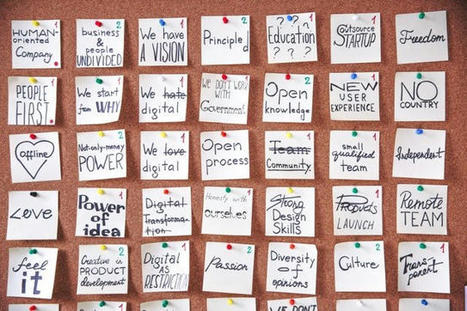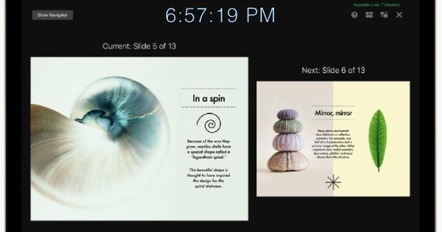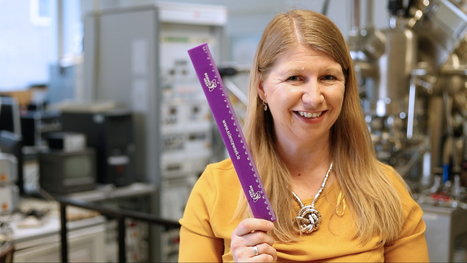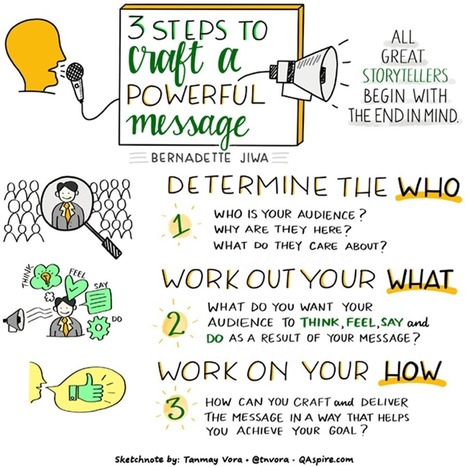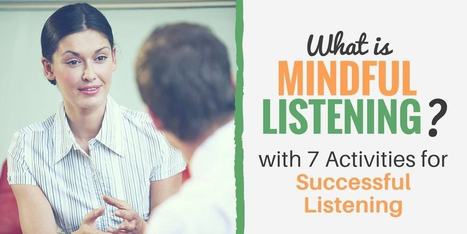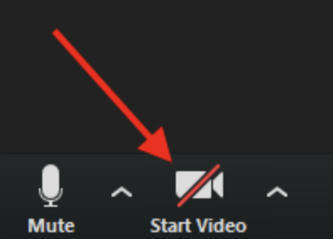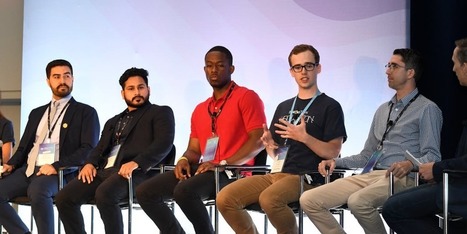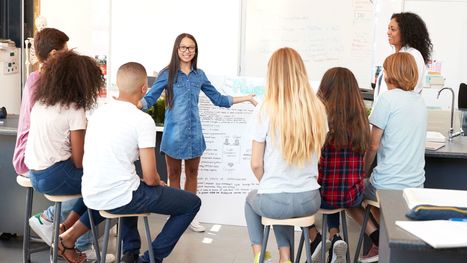 Your new post is loading...
 Your new post is loading...
It might seem like good communication strategies are timeless, but in actual fact they are constantly evolving. In an increasingly globalized world, not to mention rapidly shifting virtual landscape, what qualified as effective five or ten years ago–even last year–may not longer be relevant. Here are ten of our tips for crafting good communication in 2021.
As a teacher chances are you have already created a presentation of some sort or presented in front of an audience (e.g., in a conference, at school…etc). And as you know, presenting is a skill that requires practice at two levels: the first level is related to the creation process and the second one is related to the delivery of the final product, that is, the actual presenting before an audience. In today's post, we are concerned with the first level: how to create effective and professionally looking presentations.
There are so many useful skills you’ll develop while doing your research – from critical thinking and being able to evaluate your work and that of others, to time management skills. But the research world is rapidly changing, so what skills can you develop now to make you ready for the research future? In this post we guide you through some of the key skills for researchers today.
We increasingly hear employers, prospective students and futurists saying that it is all about the skills, not about the degree. What does that mean for higher ed? Historically, employers made the baccalaureate, and in some cases advanced degrees, the gateway to an interview. If you did not hold the sheepskin, you would not get in the door. But times have changed. Rapidly advancing technologies such as artificial intelligence, big data analytics, robotics and the advent of quantum computing have created an environment in which much of what is learned in college becomes outdated in a few short years. Certainly, the soft skills of creative thinking, critical thinking, communication and leadership do not go out of date and remain in demand by employers. But the hard facts and skills of most of the disciplines are changing as technology ripples through the economy and society.
With respect, I must disagree with Mr. Zinsser. We all know the most important part of any article is the title. Without a compelling title, your reader won’t even get to the first sentence. After the title, however, the first few sentences of your article are certainly the most important part.
Journalists call this critical, introductory section the “lede,” and when properly executed, it’s the bridge that carries your reader from an attention-grabbing headline to the body of your blog post.
Wendy Sadler is a lecturer at Cardiff University, and the founder of science made simple . These are her six simple tips to become a science communicator. Say about 100 words per minute Most people deliver their information too fast, at about 180 to 200 words per minute. The University of Michigan and the University of Twente recommend speaking at about 100 words per minute. It affects what people remember, and the credibility they give to what you say. You don't need to speak slowly all the time. You can use pauses to bring down the average speed.
Key to communicating your research successfully is having the right messaging. This will give you the best chance of capturing the attention of important stakeholders, while also ensuring all members of your research team are singing from the same song sheet. Kevin Anselmo offers some pointers on how to put together your message map; beginning with your overarching theme, building up your handful of jargon-free key messages, and supporting these with a mix of stories, data, metaphors, and eye-catching statements.
Stories and narratives that touch us emotionally have power to transform us. When hearing a moving speech, story or talk, we feel that it is delivered effortlessly but we know it doesn’t happen on its own.
What is mindful listening? How does it help you improve understanding and communication? Find out more about this essential communicatio
Via Ariana Amorim, Dean J. Fusto
|
It is often assumed that online collaboration, teamwork and communications is inferior to face-to-face equivalents as we miss the visual cues, facial, body language and so on. His would suggest that collaborative teamwork or meetings may be better with VIDEO ON, as opposed to JUST AUDIO. Yet, this fascinating paper from Tomprou et al. (2021) at Carnegie Mellon, who looked at group ability to solve a range of different problems, found something quite counterintuitive. Visual cues have no effect on collaborative work. In fact, teams without visual presence were more successful, not only in synchronising their vocal cues but also speaking in turns and on solving problems. The authors rightly claim that this calls into doubt the conventional wisdom that you need video support.
Psychologies' editor-in-chief Suzy Walker signs up for coaching to learn how to be a better public speaker
Via Ana Cristina Pratas
Your audience will make up their minds about you in seconds. You’ve crafted the message and created the slides for your next presentation. Now it’s time to wow the audience. How you look and sound are going to make a big impression — and your audience will form opinions quickly. Research shows that people form impressions about a leader’s competence in as little as half a minute.
WASHINGTON, D.C.—When Dolica Gopisetty was applying for summer internships earlier this year, employers kept telling her that what they valued most in potential hires was strong communication skills and a willingness to learn new things. And when Nathan Wallace was transitioning from college to the workforce a few months ago, he noticed a similar trend. “A lot of employers are looking for a well-rounded individual with multiple skills, including the ability to communicate effectively,” he said, adding that a penchant for experimentation came up a lot, too.
Are you a talker or a listener? A bit of both? Being a good conversationalist is about being interesting and interested, and knowing how to balance these roles during an exchange with another person or group. Any thorough list of communication essentials includes learning how to balance listening and speaking. Here are a few tips for communicating effectively through a more balanced exchange.
Scientific research has changed, now being largely conducted in collaborative teams. However, undergraduate student training has not necessarily kept pace with these changes. In order to work effectively in collaborative settings, students need to develop not only the technical skills related to their discipline, but also communication and interpersonal skills needed to work in teams. Nora J. Casson reports on research which proposes a model for explicitly teaching collaborative skills, while engaging students in meaningful scientific research. Skills such as managing data from multiple collaborators or giving and receiving feedback via file-sharing platforms should be taught as explicitly as traditional skills such as how to use a pipette or how to formulate a hypothesis.
Why should teachers be invested in improving learners’ communication skills? Simply put, meaningful communication is an important ability for every modern student to master. Advances in digital media, changing career landscapes, and greater competition in colleges and workplaces makes improving student communication skills a must.
When it comes to acquiring indispensable communication skills, there’s no time like the present. As their teacher, you can follow these strategies to enhance a student’s speaking and writing abilities, no matter their age.
It’s been a long time since schools focused solely on the three Rs—reading, writing, and arithmetic. Along the way, we realized that there’s so much more that defines a successful student and citizen, and that schools play a central role in training students to improve on a multitude of skills and abilities.
|





 Your new post is loading...
Your new post is loading...
